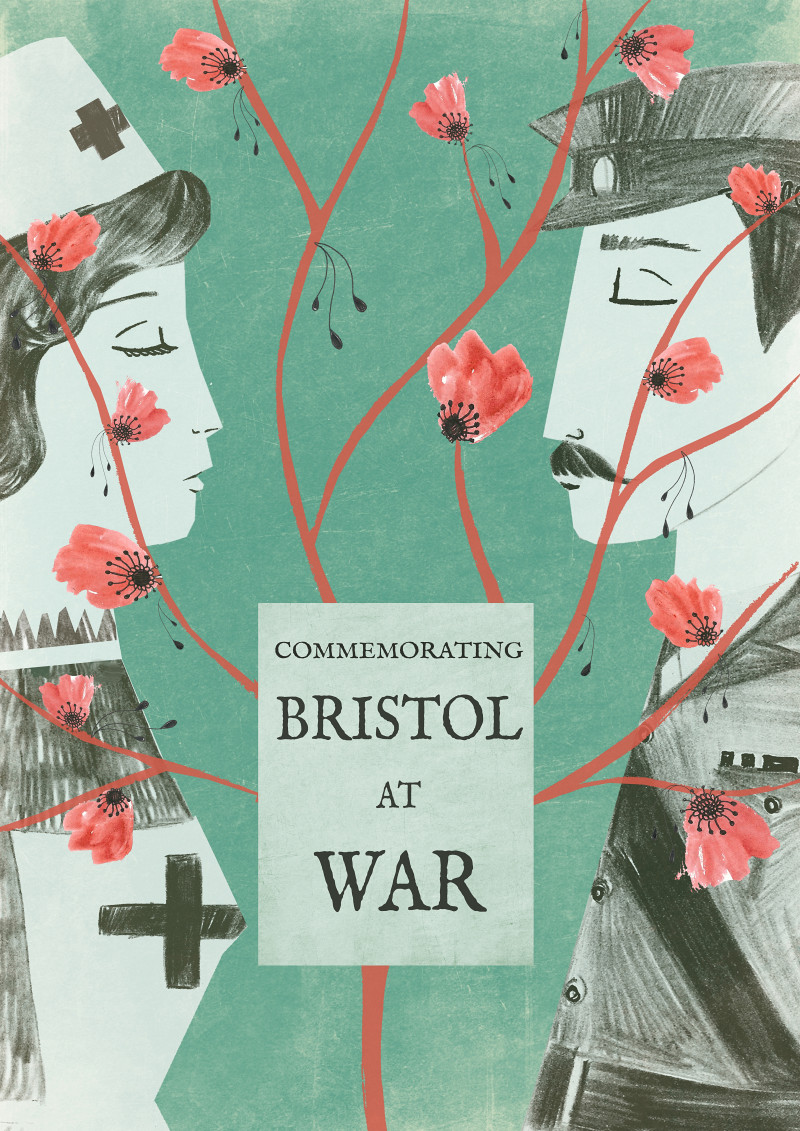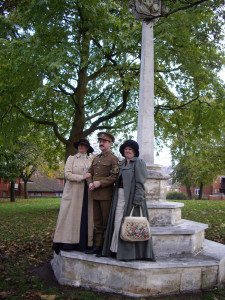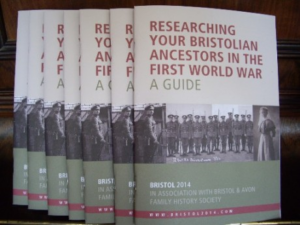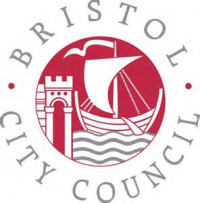Bristol2014

Share this
Bristol 2014 was an extensive programme of activity marking the centenary of the start of the First World War and looking at other conflicts that have had an impact on the city over the last century.
The programme was part of the Imperial War Museum‘s First World War Centenary Partnership and is thought to have been the largest collection of public events outside of London during the centenary. With the First World War as its starting point, Bristol2014 provided a local response to an international event that changed the world, linking the exploration of heritage to an examination of contemporary wars that continue to have an impact upon communities in the city.
Managed by Bristol Idea (then called Bristol Cultural Development Partnership), it was launched in autumn 2013 and officially ended in March 2015, though some of the partner organisations continued to run war-related projects until 2018. Among over 50 partners involved in the development and delivery of the programme were volunteer-run local history societies, arts and culture organisations, heritage sites, groups associated with the armed forces, religious groups, the two Bristol universities, schools and scout troops, trade unions, archives and libraries, tourism bodies and the local media.
The programme ranged from amateur concerts in community centres and churches, to the National Arts Orchestra of Canada performing at Colston Hall; from one-day poster displays of the latest research findings of a local history group, to large-scale object-based exhibitions lasting a month or more; from talks delivered in branch libraries, to a lecture by Sir Max Hastings which filled the Great Hall of the Wills Memorial Building; and from guided walks around the war graves of Arnos Vale Cemetery, to a tour of Bristol Central Library’s archive of material relating to opposition to the conflict.
Topics addressed over the course of the year included: the protests of conscientious objectors and the experiences of those on the frontline; the changing role of women in society and the changes in political opinion; those who came to the city because of the war and those who were forced to leave; the impact of the war upon the physical fabric of the city and its industries; the ways in which the dead have been remembered and commemorated; eyewitness accounts recorded at the time and modern reinterpretations of what took place; and the legacy of the conflict, locally, nationally and around the world.
Places need to have opportunities for thoughtful remembrance that can be shared by the whole community. Bristol2014 brought together a remarkable partnership: from churches and schools, historians and artists, to veterans’ groups and the military today. It successfully combined education and learning with moments of commemoration. Everywhere in Britain was affected by the First World War and Bristol was no exception to this. Through Bristol2014 Bristol Ideas succeeded in marking the bravery of soldiers as well as the futility of the conflict; honouring those who died and those who refused to serve; showing how the city welcomed refugees; and demonstrating how artists and writers have seen the conflict over the decades since its end.











